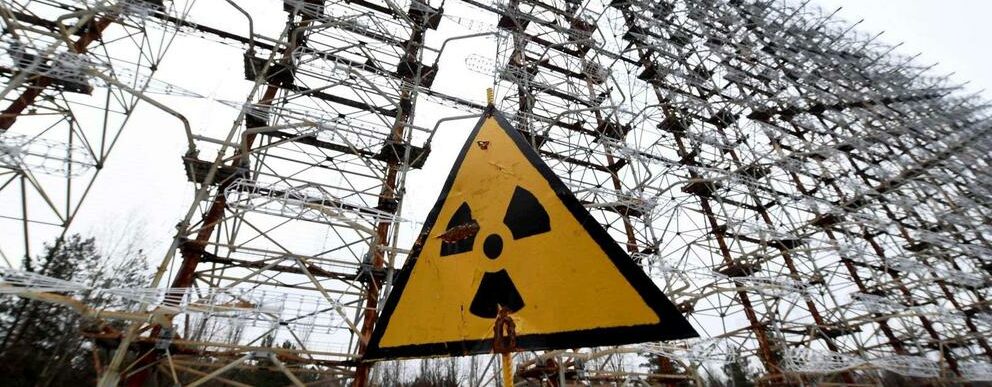On April 26, 1986, at 1:23 a.m., an explosion occurred in the reactor of the V.I. Lenin nuclear power plant, located just three kilometers from the city of Pripyat and 130 kilometers north of Kyiv, in present-day Ukraine. This disaster, caused by a series of human errors and technical failures, marked the beginning of the worst nuclear catastrophe in history.
Taking place during the Soviet era, the Chernobyl disaster exposed the flaws of an opaque and authoritarian system. Moscow tried to downplay the scale of the damage, lied to its own population, and concealed the truth from the rest of the world. The evacuation of Pripyat, a city of 49,000 built for plant workers, only occurred 36 hours after the explosion—by which time radiation had already begun to spread.
The radioactive cloud swept across Europe, severely affecting Ukraine, Belarus, and Russia, as well as parts of Scandinavia, Germany, Italy, and France.
The human toll remains contested. The UN estimates 4,000 deaths, but some sources suggest much higher figures, reaching several hundred thousand deaths linked to prolonged radiation exposure—not to mention the cancers, congenital malformations, and chronic illnesses that appeared in the following years. The catastrophe also contaminated thousands of square kilometers of forests, rivers, and farmland.
Economically, the direct and indirect costs are estimated in the hundreds of billions of dollars. Two sarcophagi have been built to contain the radioactivity: the first immediately after the explosion by Soviet authorities, and the second, more durable one, completed in 2019 with European funding.
Chernobyl’s disastrous handling marked a turning point in the history of the USSR. Faced with the impossibility of hiding the truth, Mikhail Gorbachev, then General Secretary of the Communist Party, was forced to acknowledge the gravity of the situation. He subsequently launched a policy of transparency, glasnost, which paradoxically accelerated the collapse of the Soviet regime a few years later.
Today, Pripyat is a ghost town. But Ukraine has shown remarkable resilience. The Ukrainian state has gradually established a network of specialized rehabilitation centers, notably for people with disabilities and for future generations affected by the consequences of Chernobyl.
At the Rio 2016 Paralympic Games, Ukraine ranked 3rd in the world with 117 medals. In 2024, at the Paris Games, it ranked 7th with 82 medals. These achievements reflect the country’s ongoing efforts to support people with disabilities and promote access to high-level sports.
© Photo credit: SERGEI SUPINSKY / AFP

